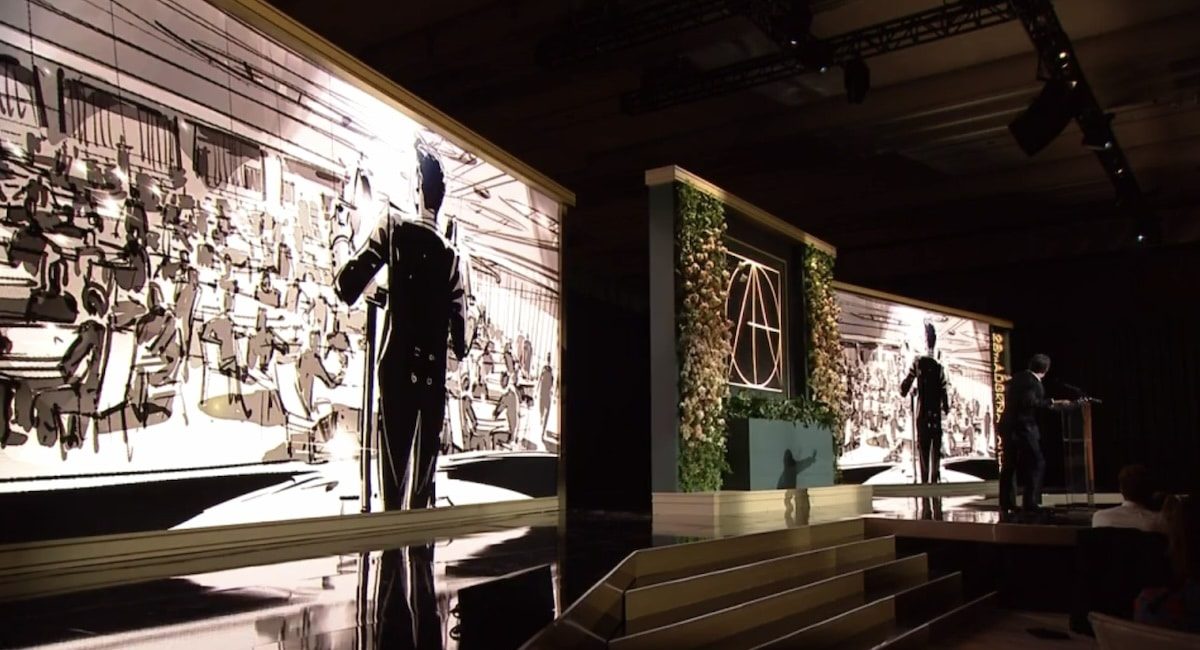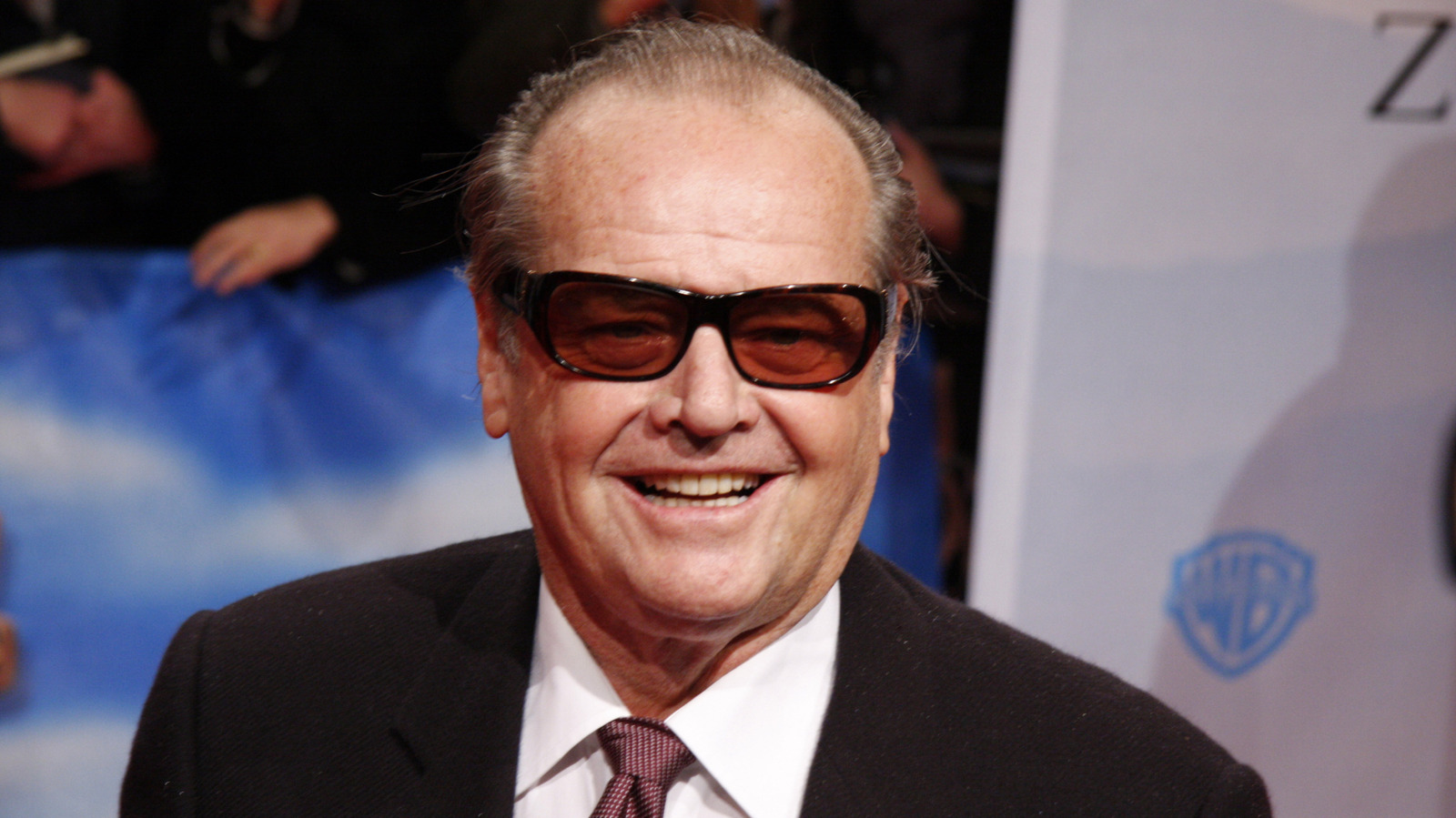The Big Picture
-
House of the Dragon
explores the origins of the Targaryens and the prophecy of a looming darkness. - Misinterpretation of prophecies and divine favor led to civil war among the Targaryens.
- The prophecy’s impact on
Game of Thrones
is explored, showing the fickle nature of ancient prophecies.
House of the Dragon tells a pivotal story of the first woman to sit on the Iron Throne, but this story is one with themes beyond that of sexism or ambition. Rather than a clever reference to the name of George R.R. Martin’s book series, A Song of Ice and Fire, these words serve as the central argument in House Targaryen’s stake for the Iron Throne. In the pilot, King Viserys I Targaryen (Paddy Considine) does not trust his brother Daemon (Matt Smith) with this knowledge, as he already threatens to thrust King’s Landing into chaos, and instead warns his daughter Rhaenyra (Milly Alcock) of a looming darkness to the north when she becomes his heir. In addition to being a prophecy that fans of the books will already know by heart, this vision of an incoming darkness from the north serves as a primary motivation for Rhaenyra, but also proves detrimental to her ability to unite the realm by prolonging the war between the Blacks and the Greens, while giving her divine purpose. This warning about the future arrival of the legendary White Walkers is only destined to be fulfilled hundreds of years later, during the original Game of Thrones series, when the Targaryens have been overthrown, and the realm seems too divided to stop them.
What Exactly Is the Song and Ice and Fire?
As Viserys explains to Rhaenyra, every Targaryen ruler since Aegon the Conqueror has had to learn about the conflict that lies in the future of their family. Aegon had a prophetic vision that a terrible winter would begin and thrust the Seven Kingdoms into darkness. The only way for Westeros to survive is to unite under a Targaryen ruler that sits on the Iron Throne. The prophecy is closely linked to that of Azor Ahai, the hero who is supposed to defeat this source of darkness, but who exactly that hero is has been the subject of debate among both fans and characters alike.
Aegon is the renowned ruler who helped pave the way for House Targaryen to lead the seven realms. Although he has been dead for about a century by the time of Viserys’ reign, his legacy is always present, as shown by the looming skeleton of his dragon, Balerion the Black Dread, when he first reveals the prophecy to Rhaenyra. The prophecy saddles Rhaenyra with the role of protecting the kingdom from an impending threat of a “terrible winter,” which Game of Thrones reveals as a reference to the Night King and the White Walkers that lie beyond the Wall. In House of the Dragon, they have not been seen for thousands of years, but many northerners still see service in the Night’s Watch as a solemn duty. In particular, Cregan Stark (Tom Taylor) remains all too aware of what the Wall is for and hints as much to Jace (Harry Collett) when they first meet. The dagger upon which the prophecy remains engraved should remain familiar to fans of the original series, as it was used to nearly kill Bran Stark (Isaac Hempstead Wright) in the first season and has now become a McGuffin for the whole series.
In Westeros, Prophecy Is a Fickle Mistress
Although the dagger has been presented as an important artifact in the history of Westeros, it also plays a crucial role in the outbreak of the war itself, fulfilling themes about flawed prophecies that Martin makes explicit in the books. When Viserys lies dying with only Alicent (Olivia Cooke) at his side after their last night together as a united family, he mistakes her for Rhaenyra in his delirious state and details the prophecy in greater detail. Despite having been ready to give up the claim of her children, Alicent mistakes the references to Aegon the Conqueror as referring to her own son, also named Aegon (Tom Glynn-Carney). By telling her what she had already wanted to believe, Alicent becomes convinced that her son is divinely favored, just as many have done both before and since, and places him on the throne, creating the opening shot of the civil war. Only later, when secretly meeting with Rhaenyra during a peace summit, does she realize the truth of the king’s words. By then, however, it’s already too late, and both sides accept that war is now inevitable.
In adulthood, Rhaenyra (Emma D’Arcy) never forgets her role in the prophecy, which guides much of her restraint after the Dance of the Dragons first begins, but she too misinterprets the role she will play in the result. Based upon remarks in the original series and the nature of House of the Dragon as a prequel, we already know she will not be the one to save the world. Given the tragic nature of the war, one can argue she came much closer to dooming it than saving it, escalating a war from which the Targaryens never recovered. Ironically, her knowledge of the prophecy gives her a greater sense of purpose for staking her claim, showing a prophecy meant to unite the realm can actually prove divisive. So far, it remains unlikely we will even see the White Walkers in the prequel series, which remains fitting for a civil war enveloped in tragedy. In the second season, Rhaenys (Eve Best) notes that the war will be so bloody as to forget the actual cause, but it also means the Targaryens have forgotten their bigger purpose.
What Role Does the Prophecy Ultimately Play in ‘Game of Thrones?’
By the time Game of Thrones begins, nearly two centuries after the Dance of the Dragons, the knowledge of the prophecy seems to have been lost, even before the overthrowing of the Targaryens, and it seems likely that House of the Dragon might reveal why in future seasons. Some figures, like the late Rhaegar Targaryen (Wilf Scolding), were implied to have gained knowledge of the prophecy, and his secret marriage to Lyanna Stark (Aisling Franciosi) more than a decade before the events of the main series might have played a role in this. Their child is later revealed to be none other than Jon Snow (Kit Harington), arguably the main character of the series. Although Ned Stark (Sean Bean) has claimed Jon as his bastard son, this was a lie to cover up Jon’s Targaryen heritage from Robert Baratheon (Mark Addy) during his rebellion, since he knew Robert would order the boy killed.
One of the chief criticisms that Game of Thrones fans had with Season 8 is that Jon never gets to fulfill the prophecy that is so central to his lineage, with Arya (Maisie Williams) slaying the Night King and Bran being crowned. However, just as there is a possible argument that Jon ultimately did fulfill the role of Azor Ahai, the realm was still largely united under Daenerys (Emilia Clarke) in the final battle against the White Walkers, even if she was not technically on the throne at the time. There is also some evidence that the placing of Bran on the Iron Throne, while mocked by fans, was the plan for the series all along, but this is not definitive. Whether intentional or not, both shows demonstrate, both onscreen and in real life, just how much an ancient prophecy can remain open to interpretation, for better and for worse.
House of the Dragon season two is available for streaming on Max in the US.
WATCH NOW

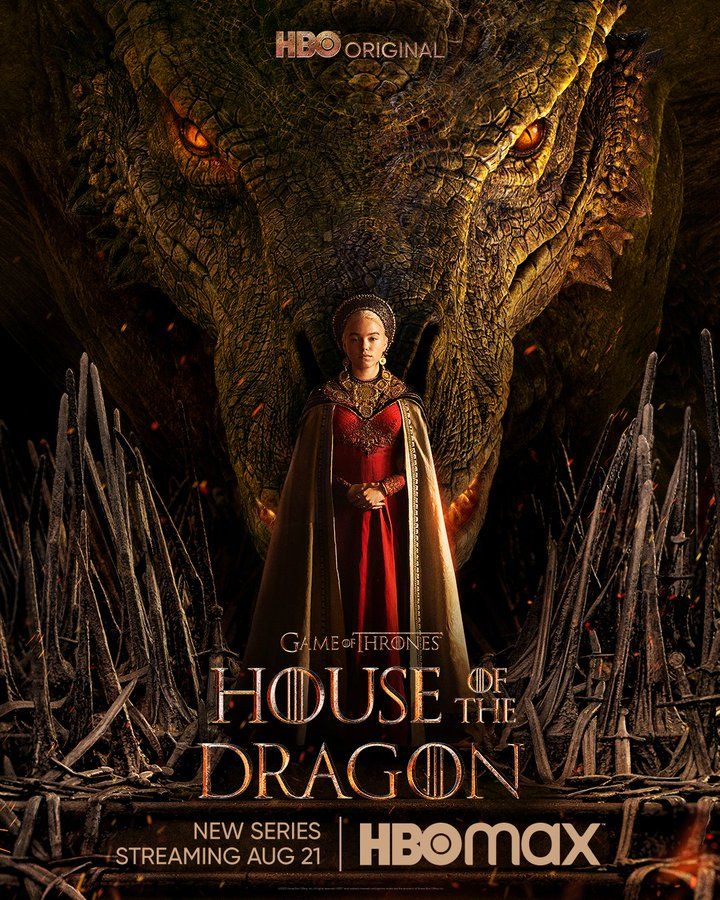
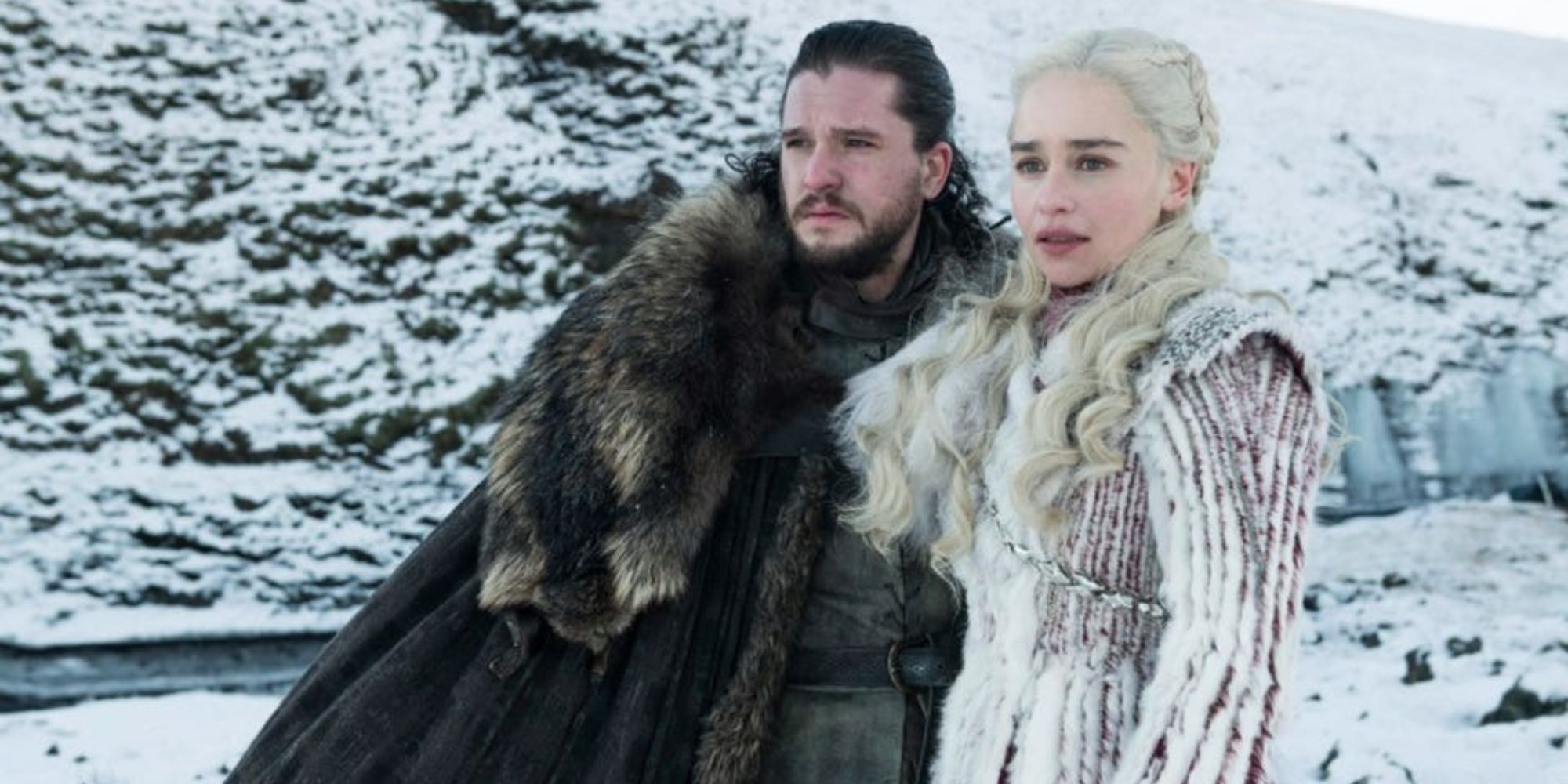


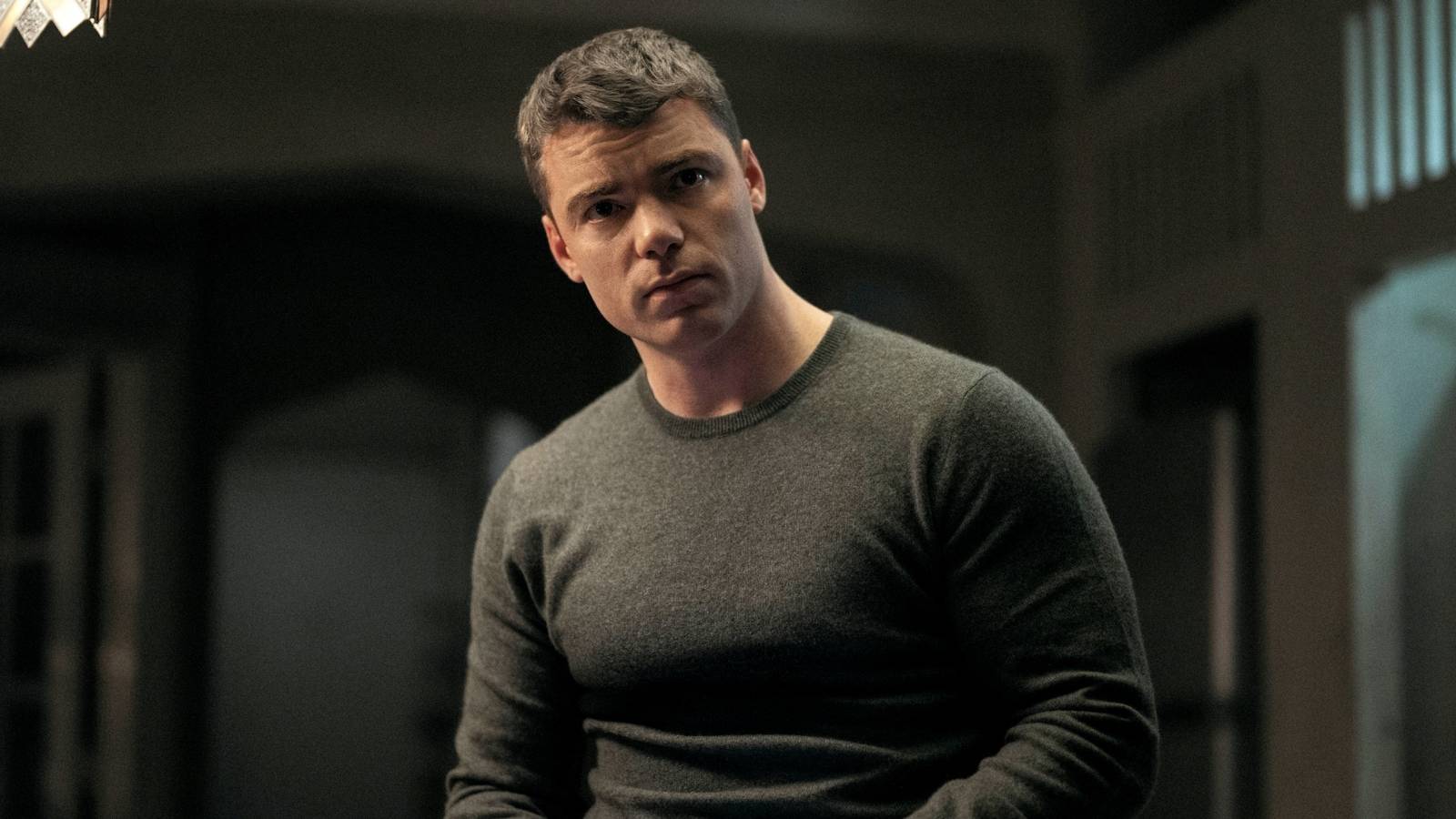

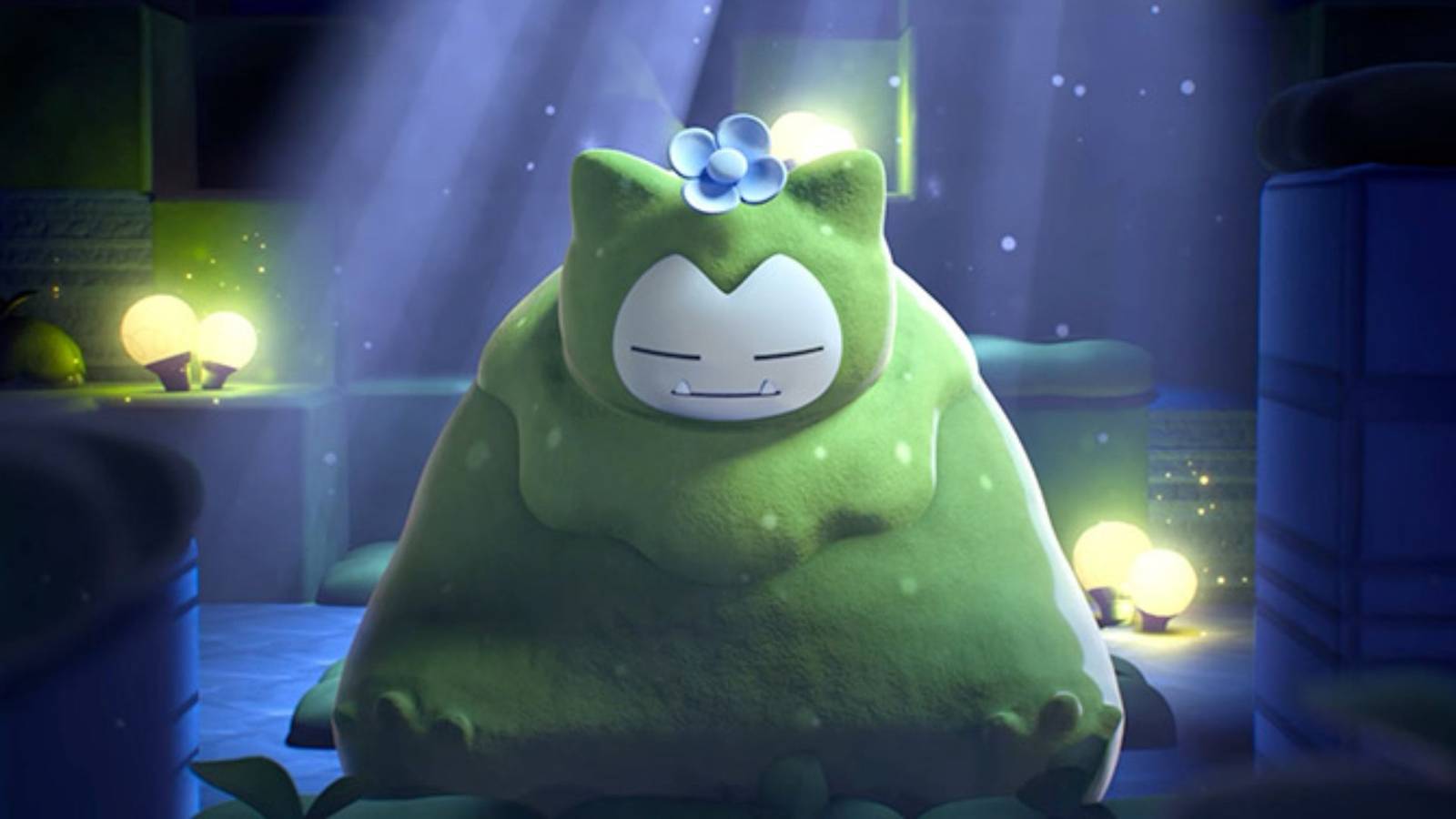

:max_bytes(150000):strip_icc():focal(742x275:744x277)/taylor-swift-travis-kelce-timeline-092523-tout-669c64f9a1c0492ab5c8853b508a9996.jpg)
